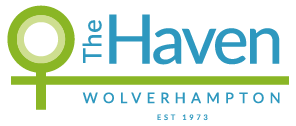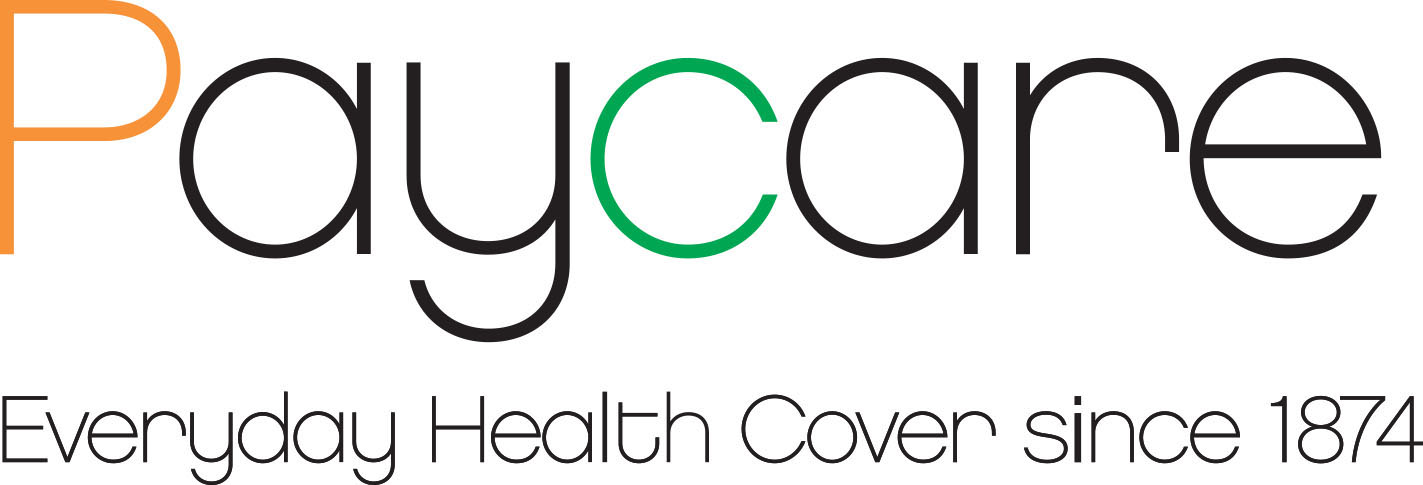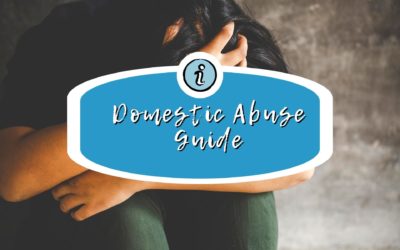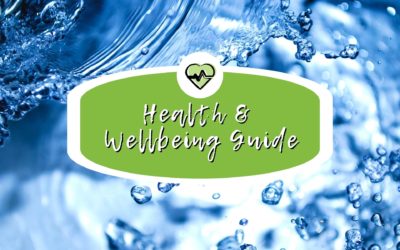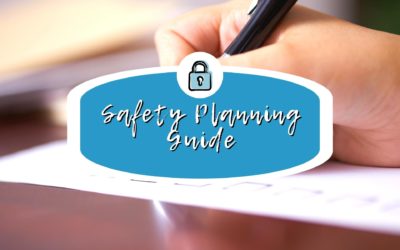What is Domestic Abuse?
This also includes sexual violence or abuse, financial, emotional and physical abuse. Domestic abuse can be by your partner, ex-partner, family member, extended family or your children.
Patterns of Domestic Abuse
- Track you all the time?
- Discourage your relationship with family and friends?
- Prevent you from working or enjoying outside activities?
- Appear to anger easily?
- Force you to do something you do not want to do
(i.e. participate in sexual activities you are uncomfortable with or commit a crime)?
- Threaten to hurt you, your children or pets?
- Destroy personal property or sentimental items?
- Use or threaten to use a weapon against you
- Humiliate you in front of others?
- Criticise everything you do?
- You make excuses for their behaviour
(i.e. saying it’s due to alcohol, drugs, stress, work or they were ‘just joking’)
Stalking & Harassment
Stalking is a pattern of repeated behaviour that includes unwanted attention, contact, harassment, or other conduct towards a specific person.
Harassment is a form of discrimination under the Equality Act 2010. Discrimination which is against the Equality Act is unlawful. It is unwanted behaviour that you find offensive or that makes you feel intimidated or humiliated. It can happen on its own or alongside other forms of discrimination.
Rape & Sexual Assault
Other forms of sexual assault that people are often less aware of include female genital mutilation, sexual exploitation and sexual harassment.
A significant number of women that we support have experienced rape and sexual violence and we work with these survivors, enabling them to regain confidence, independence and control over their own lives. We do this through having trained staff and an experienced specialist worker called and ISVA (independent sexual violence advocate).
Sexual Harassment
Sexual comments or jokes physical behaviour, including unwelcome sexual advances, touching and various forms of sexual assault, displaying pictures, photos or drawings of a sexual nature, sending emails with a sexual content.
Other harmful practices
Female Genital Mutilation
Breast Flattening or Breast Ironing
So Called ‘Honour-Based’ Violence
‘Honour-Based’ Violence can be described as a collection of practices, which are used to control behaviour within families or other social groups to protect perceived cultural and religious beliefs and/or honour. ‘Honour-Based’ Violence and abuse can take many forms, e.g. threatening behaviour, assault, rape, kidnap, abduction, forced abortion, threats to kill and false imprisonment committed due to so called ‘honour’. Murders in the name of so-called honour, (often called honour killings) are murders in which predominantly women are killed for actual or perceived immoral behaviour which is believed to have brought shame on the family.
We are proud to be part of the ‘Our Girl’ campaign alongside other specialist women’s organisations to raise awareness of this issue. See Our Girl Website for further information.
Forced Marriage
Trafficking & Modern Slavery
Historic abuse
We can provide support for women still suffering the effects of abuse that happened years ago.
Just because a person is no longer in an abusive relationship or actively being subjected to any of the above, doesn’t mean that they are not still negatively impacted. It can be tempting to assume that once the relationship is over that the effects of abuse will ‘go away’.
Abuse can leave you feeling isolated with a loss of self-esteem. The taunts, insults, and fear can remain long after the relationship ends. It is important to know you can access 1-2-1 and group therapy from organisations like The Haven, even when you’re no longer in an abusive relationship.
Are you interested in learning more abuse domestic abuse and how you can support family members and friends? Would you like to find out more about how you can create a safer workplace for your employees? staff? Click here or contact training@havenrefuge.org.uk to find out more about our training.
